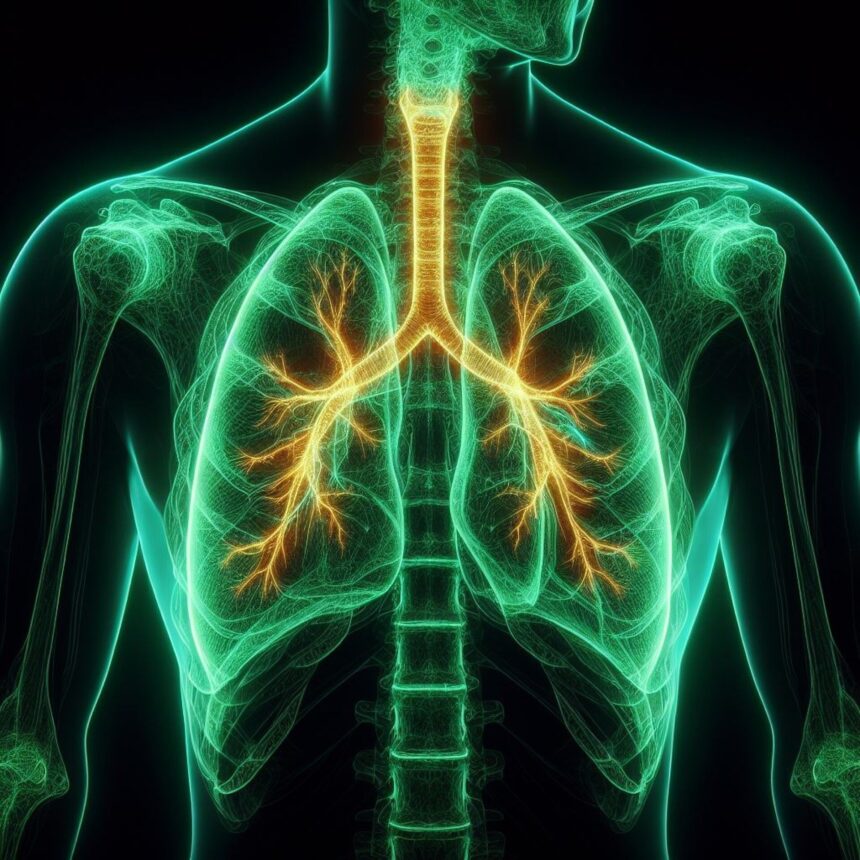A groundbreaking study conducted by the Barcelona Institute for Global Health (ISGlobal) in partnership with the Clínic-IDIBAPS has shed light on how lung capacity changes over the course of a person’s life. Published in The Lancet Respiratory Medicine, this research provides a new perspective on assessing lung health and understanding the factors that influence it.
Traditionally, it was believed that lung function peaked in early adulthood, around 20-25 years of age, and then remained stable before declining with age. However, this model was based on incomplete data that did not cover the entire lifespan. In contrast, the current study utilized an accelerated cohort design, combining data from over 30,000 individuals aged 4 to 82 years from various population-based cohort studies in Europe and Australia.
The study revealed that lung function follows two distinct growth phases: a rapid growth phase during childhood and a slower growth phase that continues until peak lung function is achieved. This peak differs between men and women, with women reaching their peak forced expiratory volume in one second (FEV1) around age 20, and men around age 23. Surprisingly, the study found no evidence of a stable phase following this peak, indicating that lung function starts to decline earlier than previously believed.
Factors such as persistent asthma and smoking were found to impact lung function differently than previously thought. Individuals with persistent asthma reached their FEV1 peak earlier and maintained lower levels throughout life, while smoking was associated with a faster decline in lung function starting around age 35.
These findings have significant implications for public health and clinical practice. Early monitoring of lung function using spirometry and promoting respiratory health from a young age can help detect low lung function early on and implement interventions to prevent chronic respiratory diseases in adulthood.
The study, titled “General Population-Based Lung Function Trajectories Over The Life Course: An Accelerated Cohort Study,” was published in The Lancet Respiratory Medicine in 2025. For more information, you can access the full article through the DOI link provided.
This research underscores the importance of understanding lung health across the lifespan and taking proactive measures to maintain respiratory function. By staying informed and prioritizing lung health, individuals can take steps to safeguard their respiratory well-being and overall quality of life.








